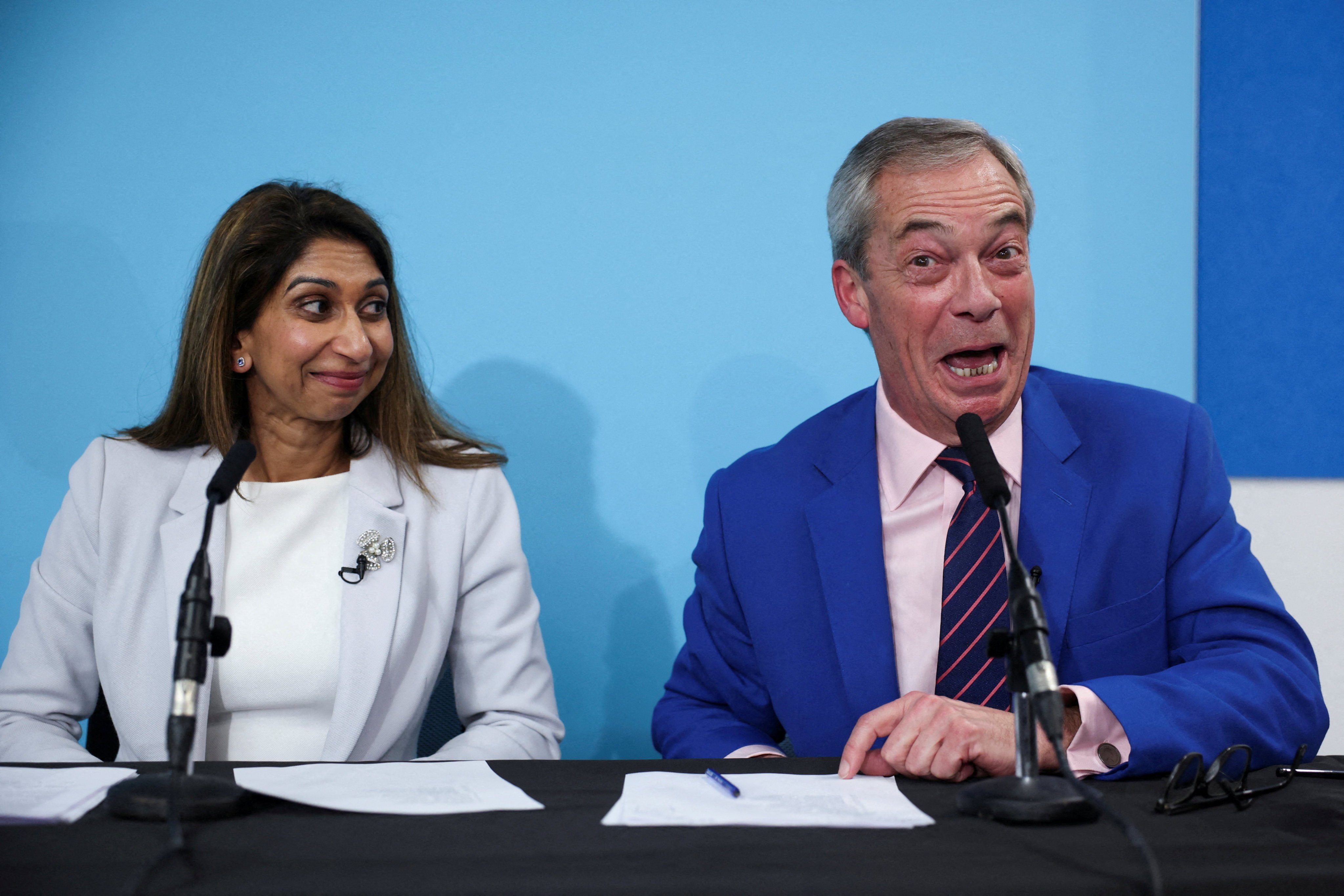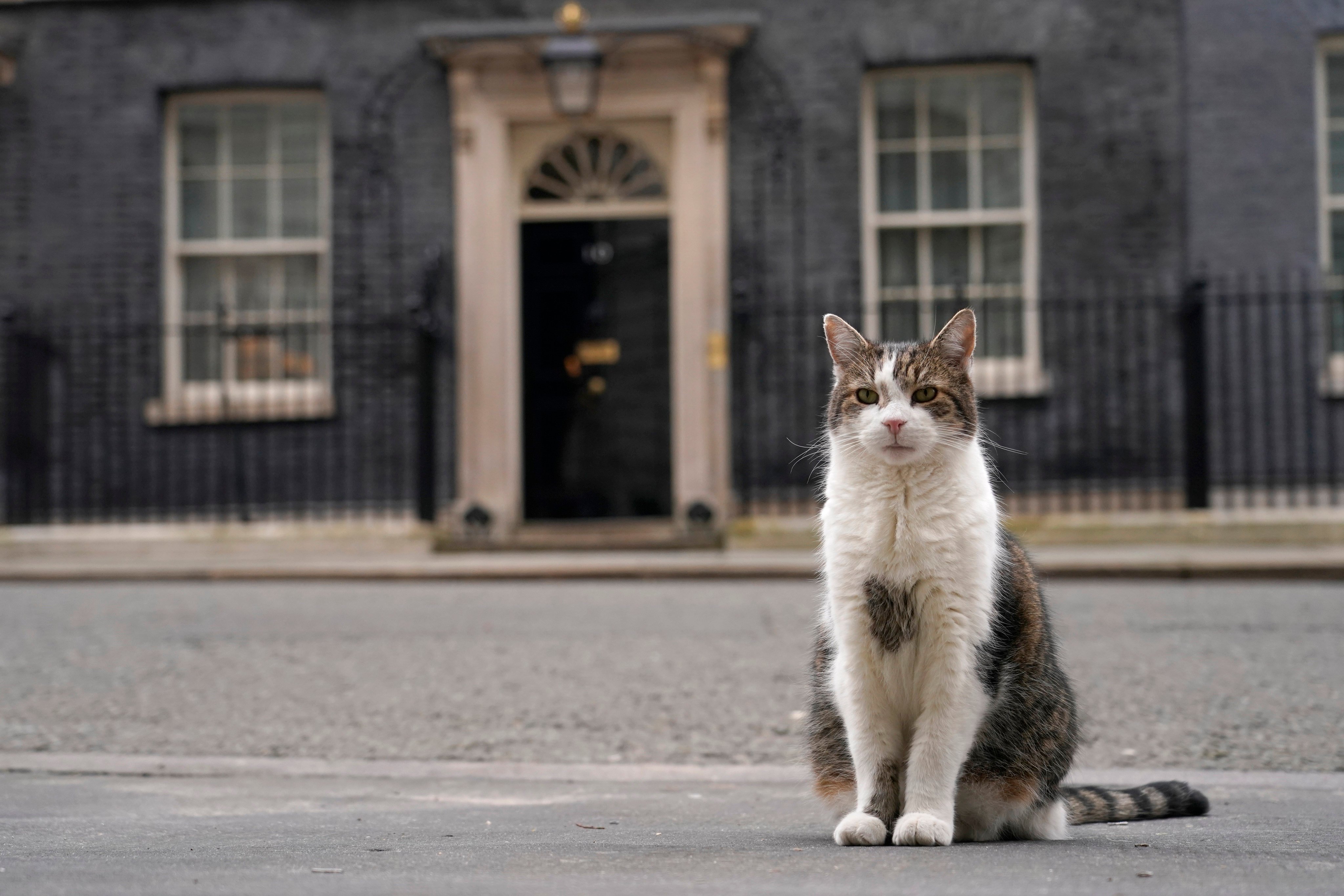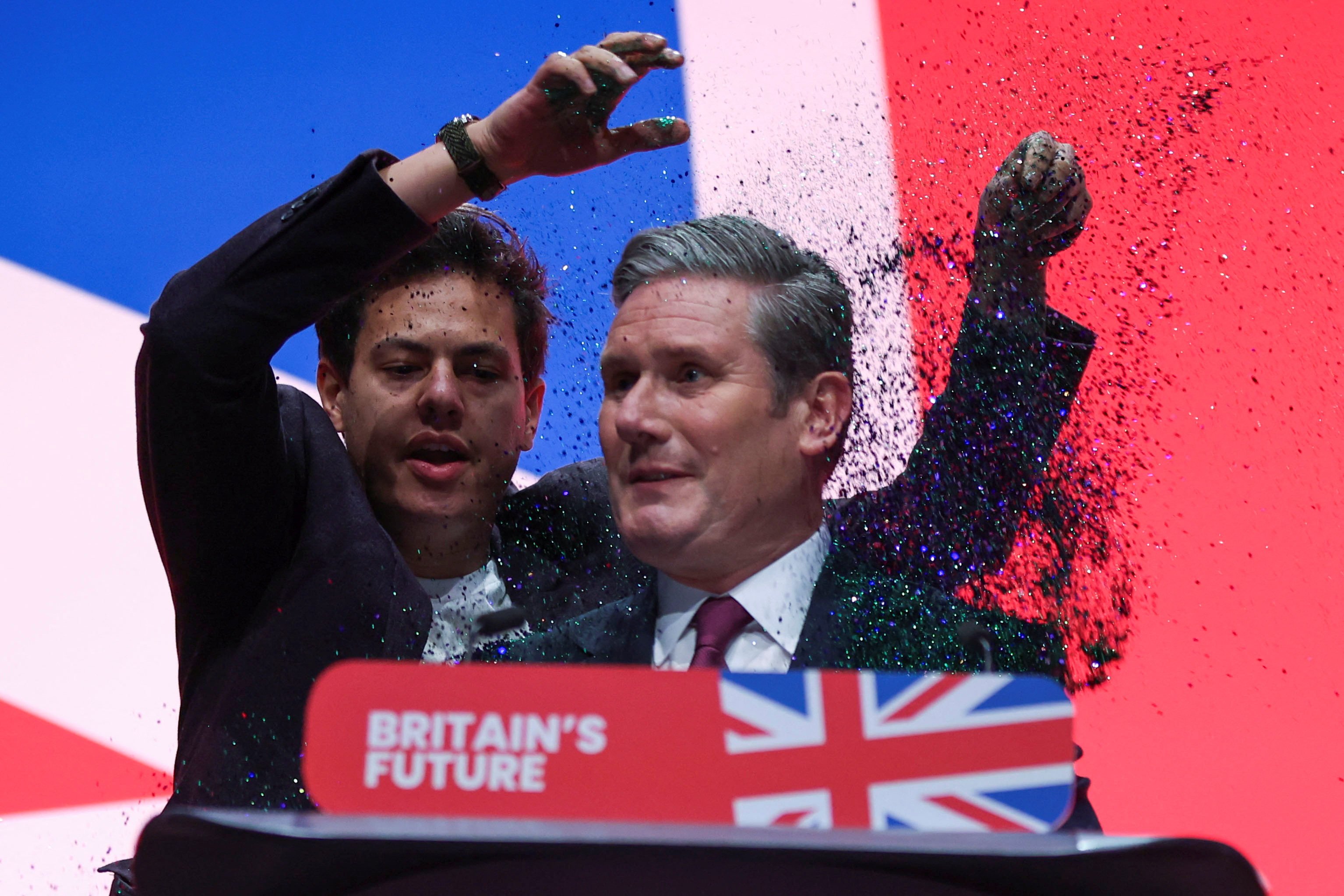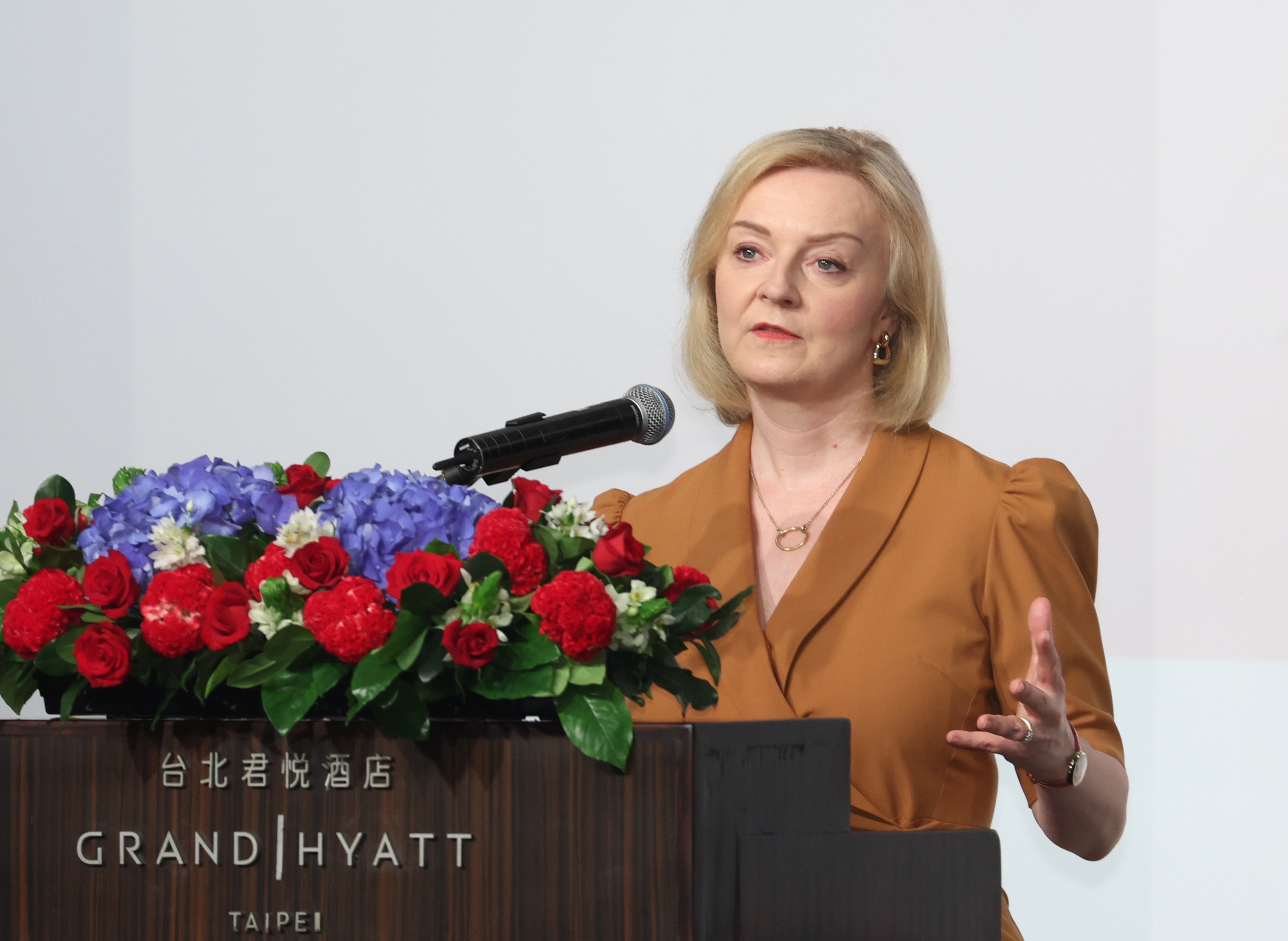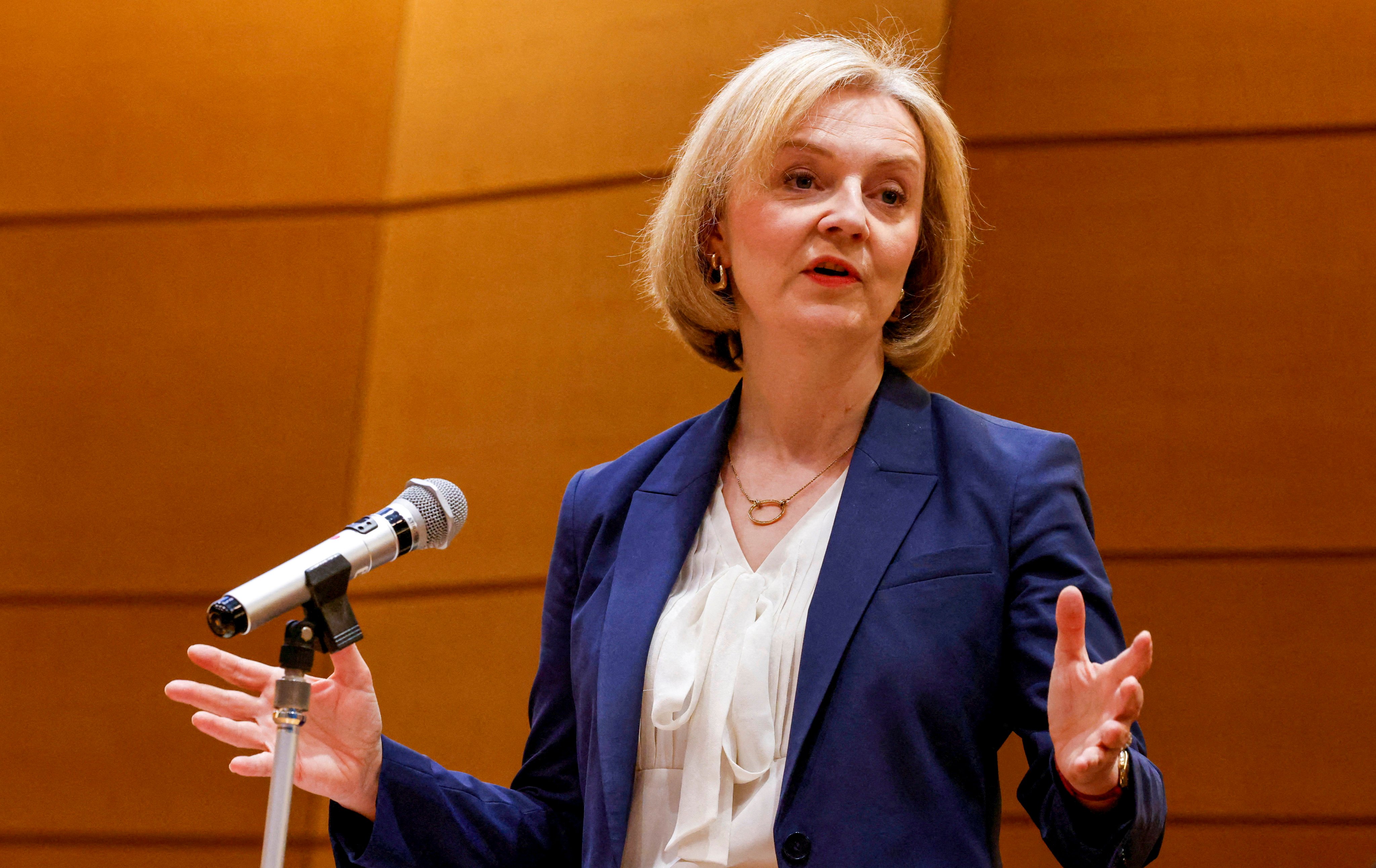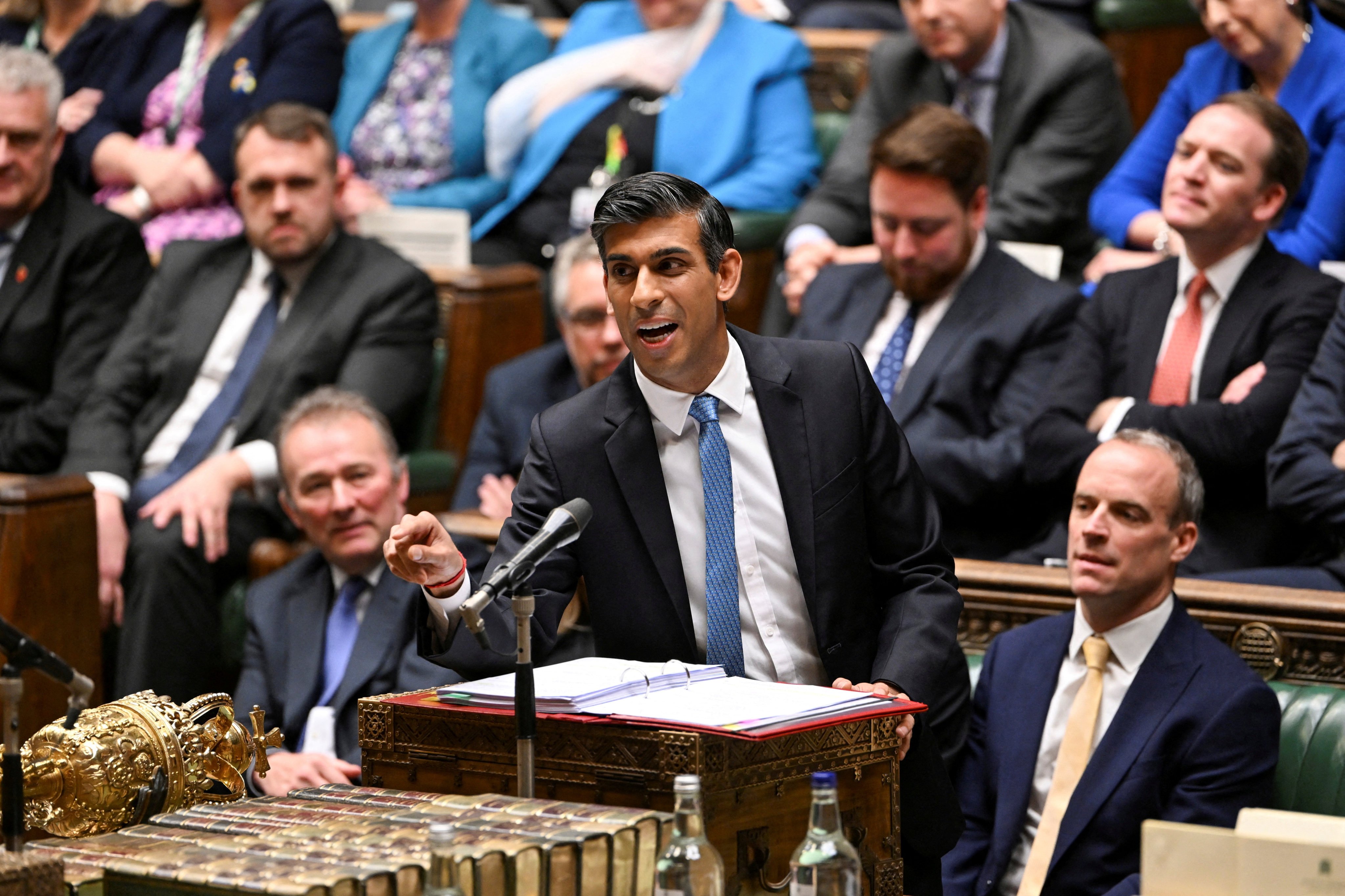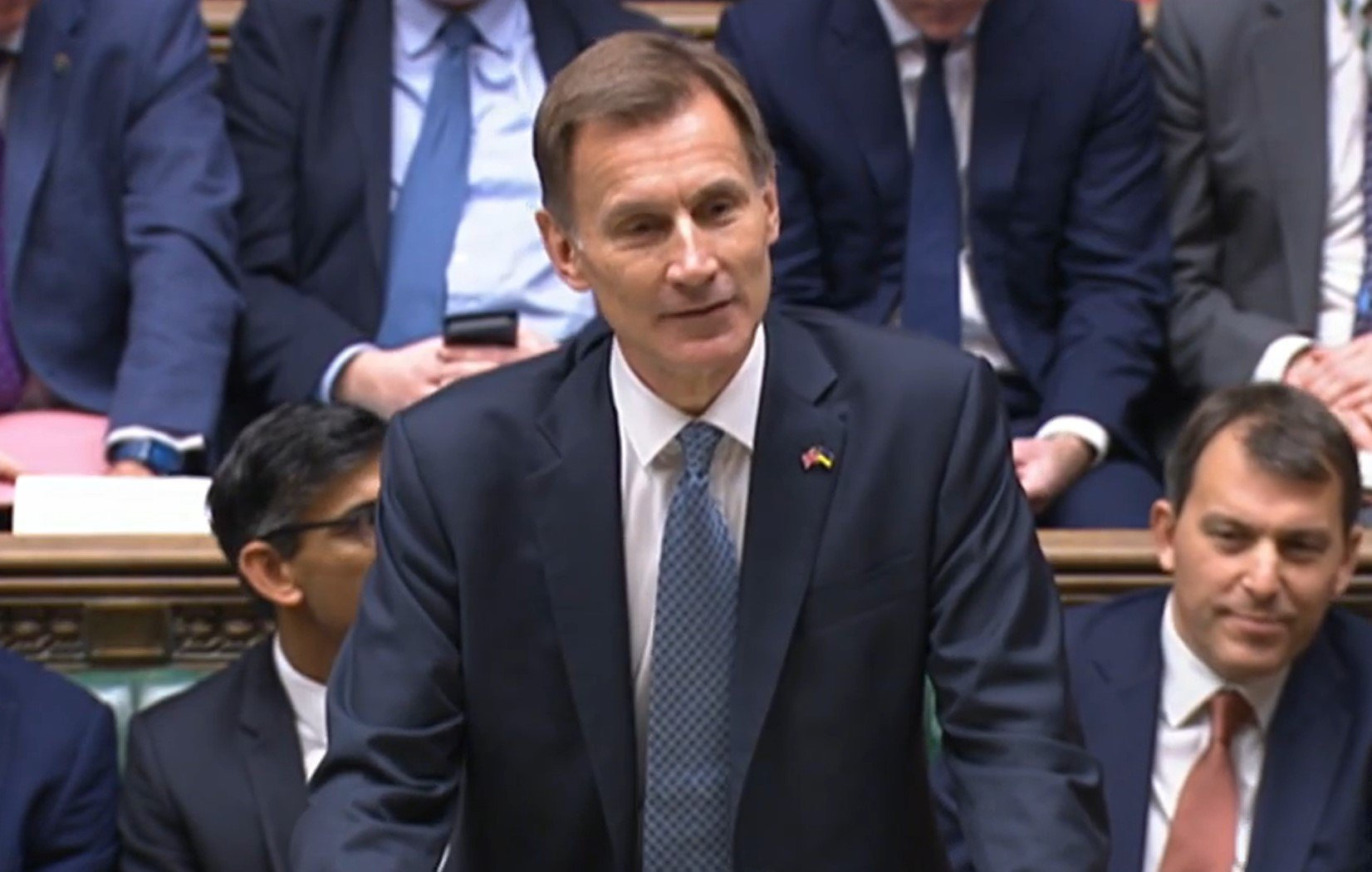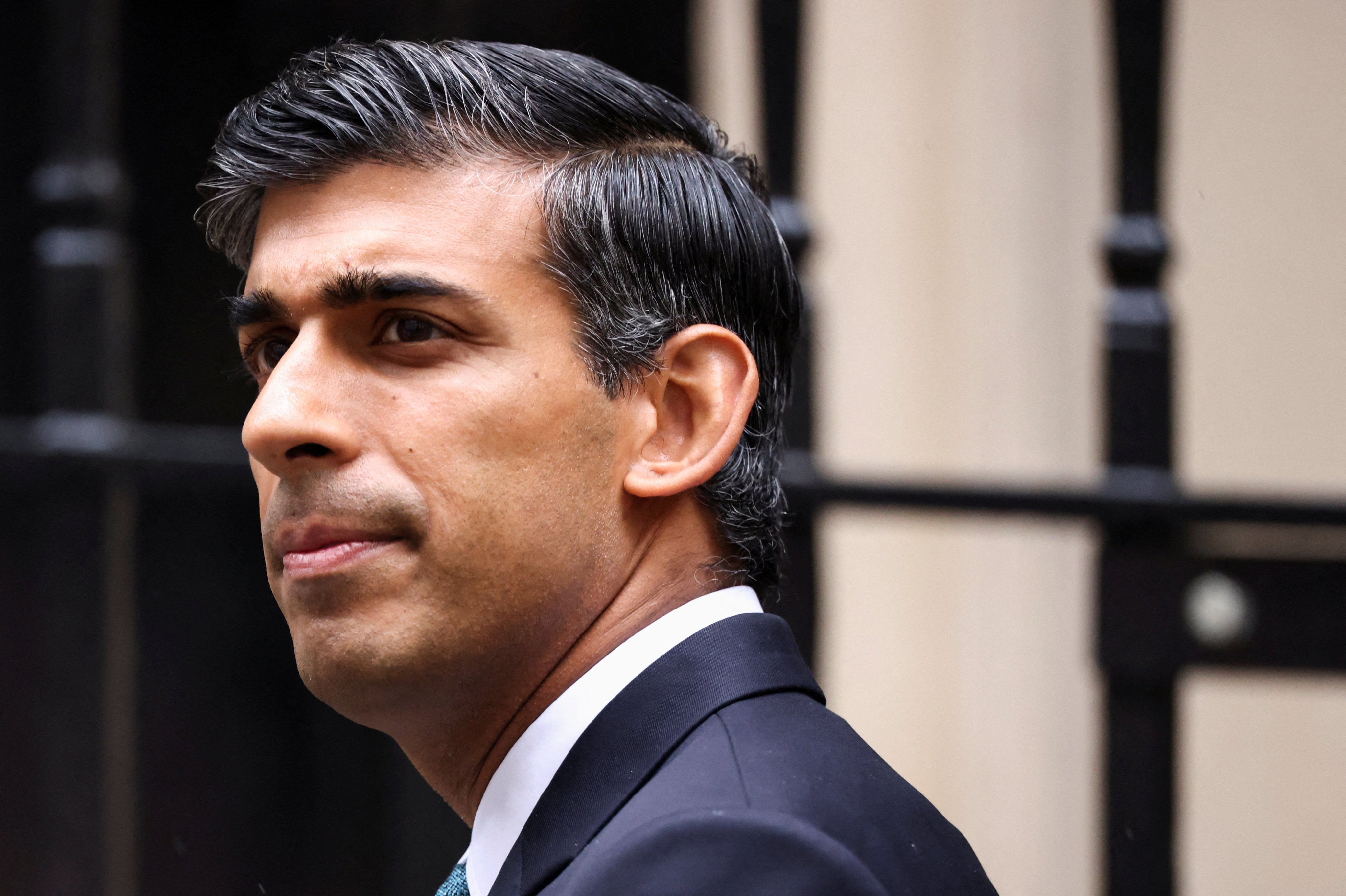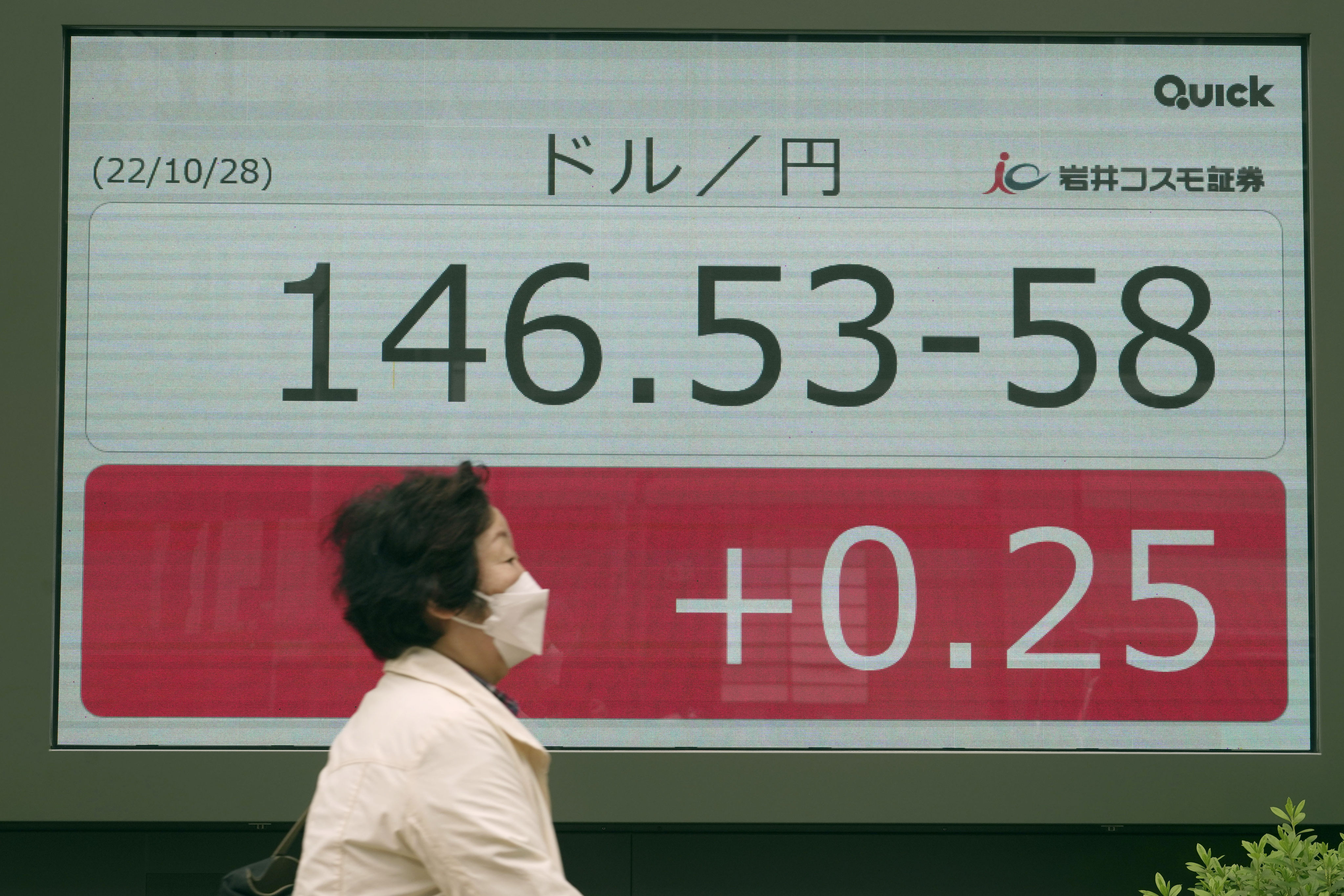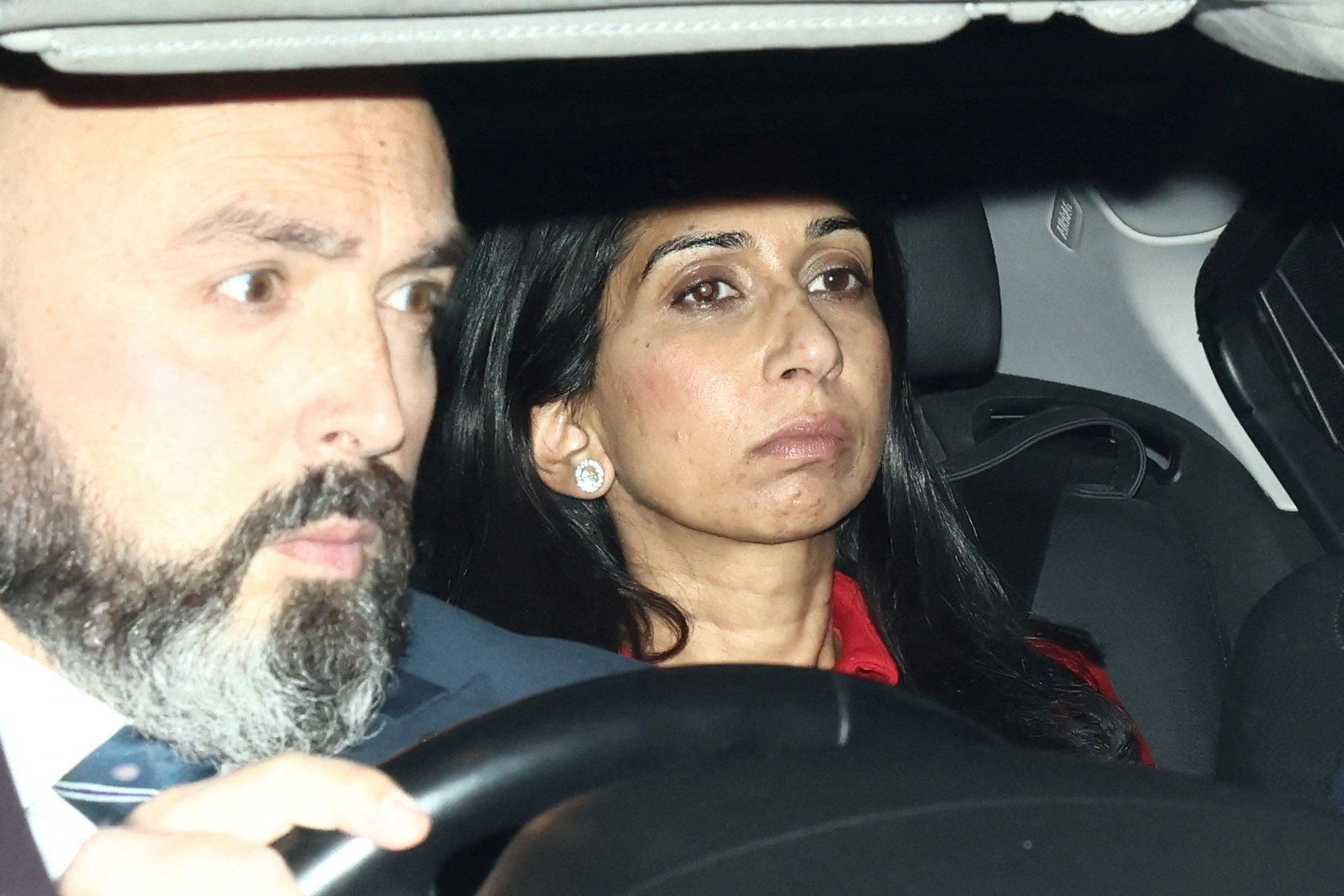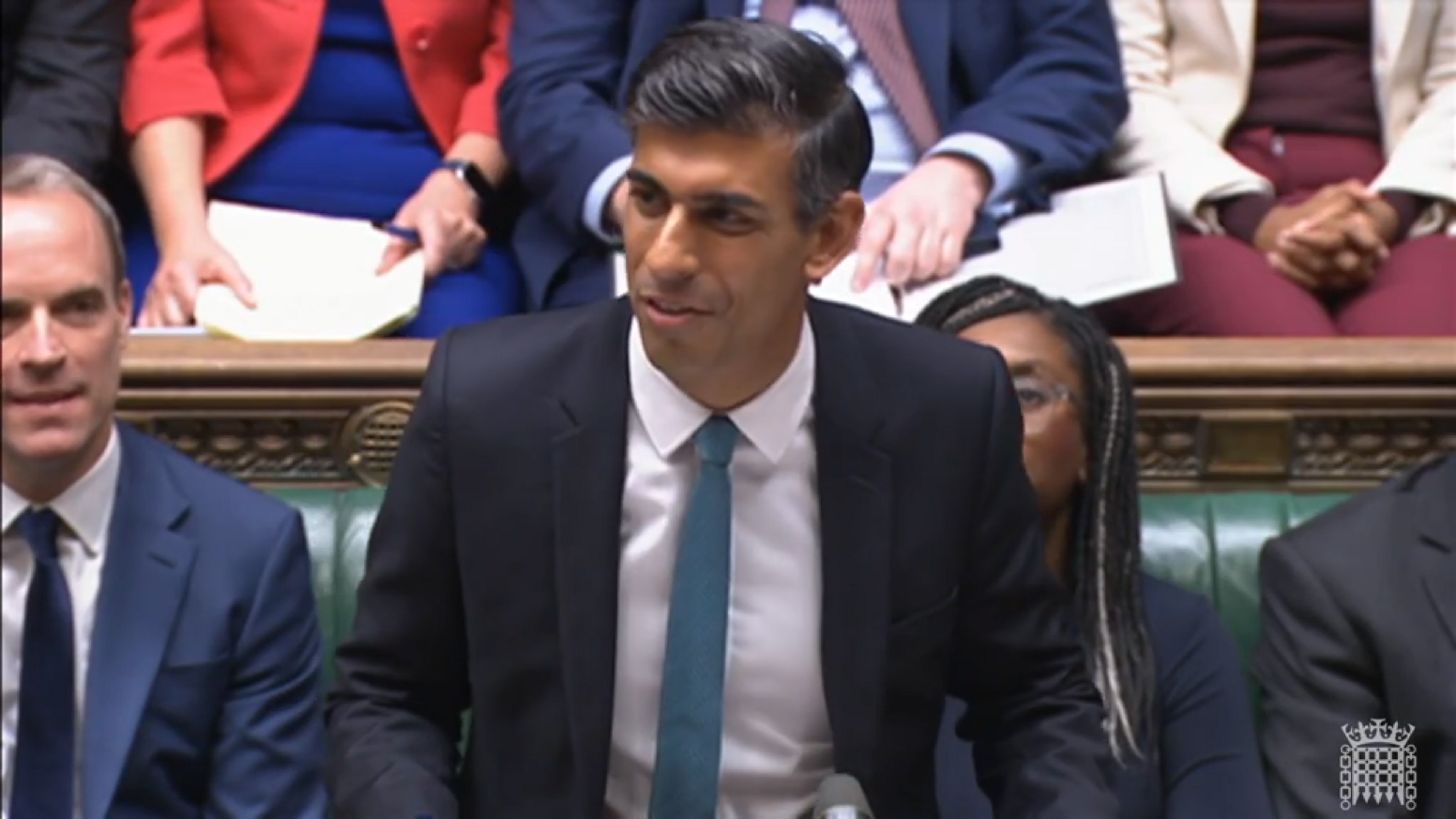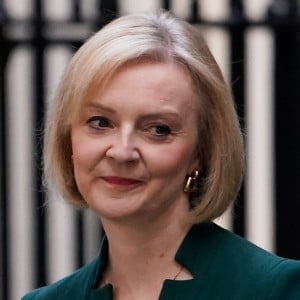
TOPIC
/ people
Liz Truss

Liz Truss
Liz Truss was selected as the new leader of the UK's ruling Conservative Party on September 5, 2022, and was confirmed as the country's prime minister the following day. A China hawk, Truss promised prior to her ascension to take a tougher line on Beijing, including declaring genocide in Xinjiang. She had previously served as Foreign Secretary, during which role she cut funding for the Great Britain China Centre, a Foreign Office agency that maintains informal dialogues with China.
Born
26 Jul 1975
Industry
Politics
Job Title
Former Prime Minister of Britain
Macroscope | Tragedy is that Truss’ pro-growth plans are just what Britain needs
While Truss’ diagnosis of Britain’s economic problems was spot on, she fatally mismanaged both the politics and the messaging of her policy response. The swift collapse of the Truss administration holds lessons for policymakers promoting pro-growth reforms in other countries.
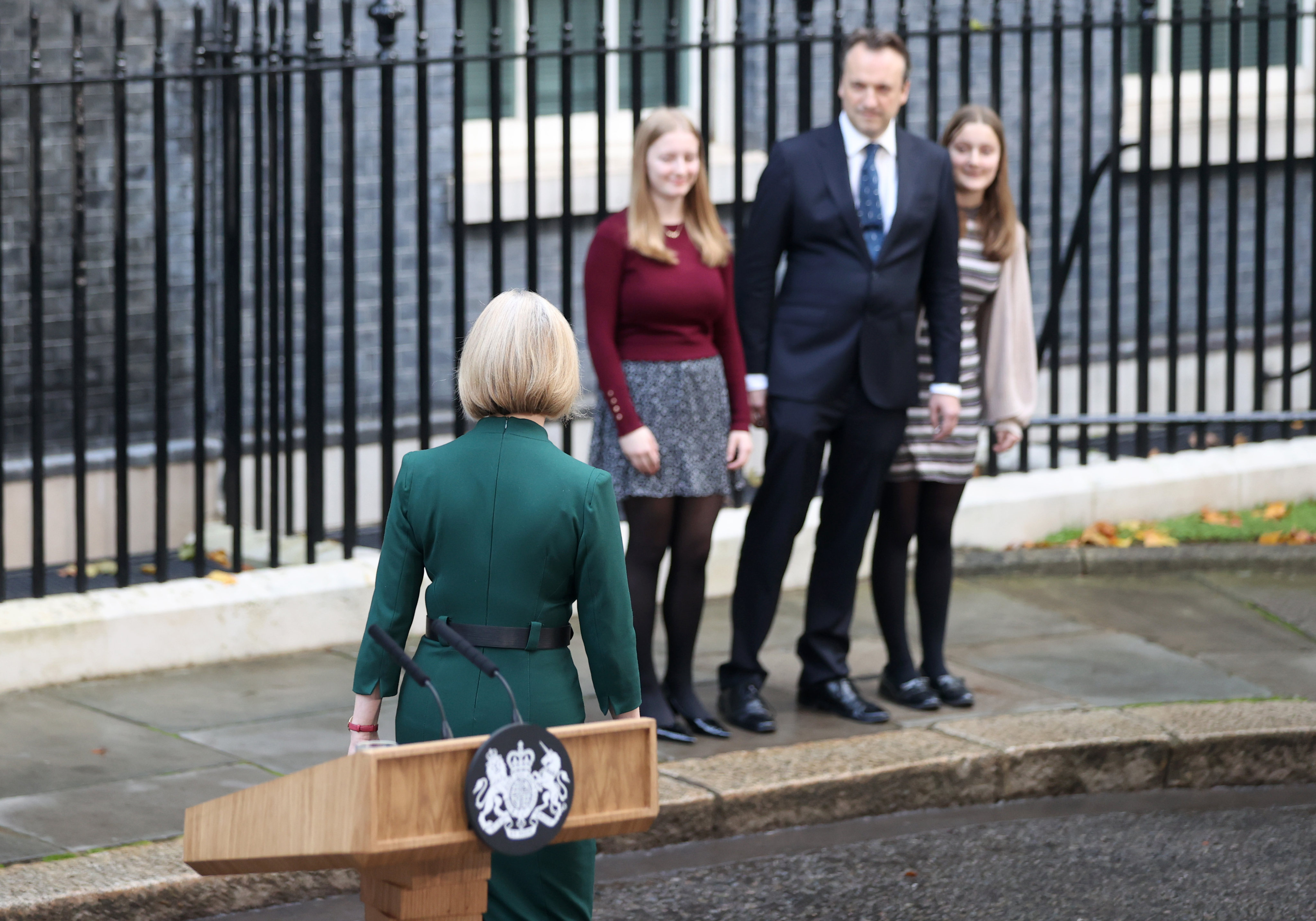
Help preserve 120 years of quality journalism.
SUPPORT NOWAdvertisement
Advertisement
Advertisement
Advertisement
Advertisement
Advertisement
Advertisement
Advertisement
Advertisement
Advertisement
Advertisement
Advertisement
